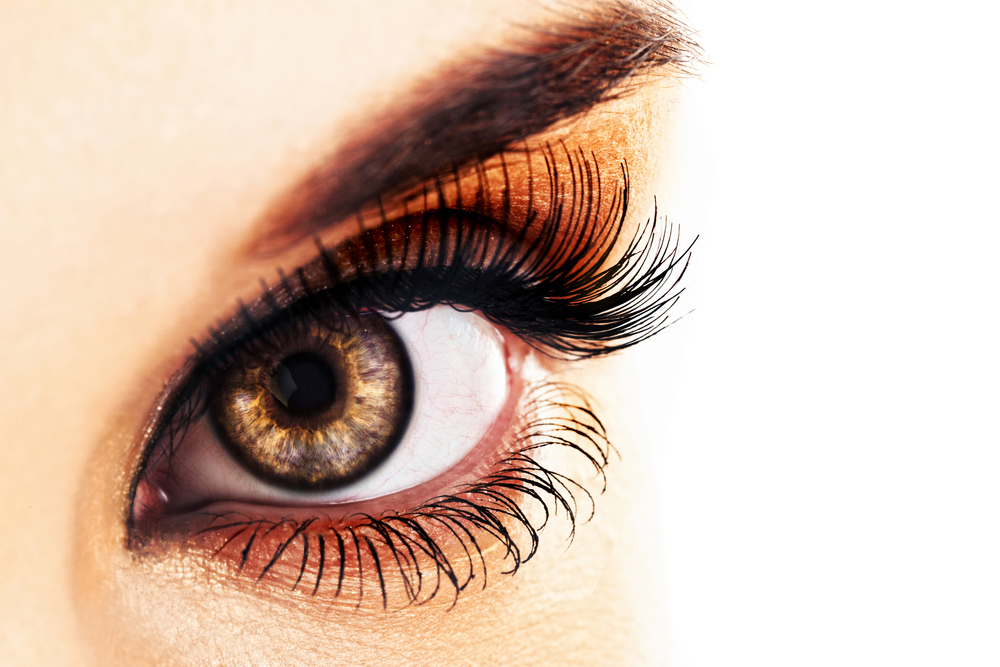Your eyes are similar to a camera. Like a camera, if any part of your eye becomes damaged, you do not get a clear picture. Some of the common risks that affect your vision are your lifetime exposure to sunlight, your age, and smoking. All of these contribute to cumulative damage that can affect the crystalline lens of the eye where cataracts can occur, clouding vision, or damage the sensitive macular region of the retina also contributing to vision loss. Also, the threats are magnified especially if they occur in conjunction with a low intake of fresh fruits and vegetables or antioxidant supplements.
Many drugs affect the eye, sometimes temporarily causing dryness or inflammation and sometimes causing permanent structural damage affecting the sharpness of your vision. Some of these drugs are commonly used and do not even require a prescription. The entire family of NSAIDS (non-steroidal anti-inflammatory drugs) can cause visual side effects such as cataracts, dry eyes, and retinal hemorrhages that may result from long-term use. These include aspirin, ibuprofen, and naproxen sodium; all available without a prescription. Also acetaminophen, though not an NSAID, can be harmful.
InVite®’s Nutrient Depletion Chart
Whether you occasionally take a pharmaceutical like an antibiotic, or count on a drug long term such as a cholesterol health lowering statin, your need for specific nutrients increases. You must be aware that many prescriptions, as well as commonly used over-the-counter drugs, cause potentially serious nutrient depletions. For your convenience, we here at
InVite® Health have devised a Drug-Induced Nutrient Depletion Chart with a list of drugs and non-prescription medications and the nutrients they deplete. This in turn will give you an idea of the nutrients your body needs, which can be found in our high-quality InVite® Health supplements.
The following drugs can cause glaucoma and/or damage the optic nerve: Once again NSAID’s, Effexor and other antidepressants, and Zocor- the statin drug for reducing cholesterol. Steroids such as Prednisone are the most damaging drugs to the eyes of any prescription drugs. If you must take any of these drugs, be sure to supplement your diet with antioxidants such as vitamins E and C, and beta-carotene, Lutein and Zeaxanthin. Additional studies support the use of other nutrients for eye health, such as N-Acetyl-L-Cysteine (NAC) which creates Glutathione, and Bilberry to increase visual acuity and stamina for those with night blindness and tired eyes.
For more information on Vision Health, look no further than InVite® Health’s Nutrition Articles, written by our very own nutrition experts –

